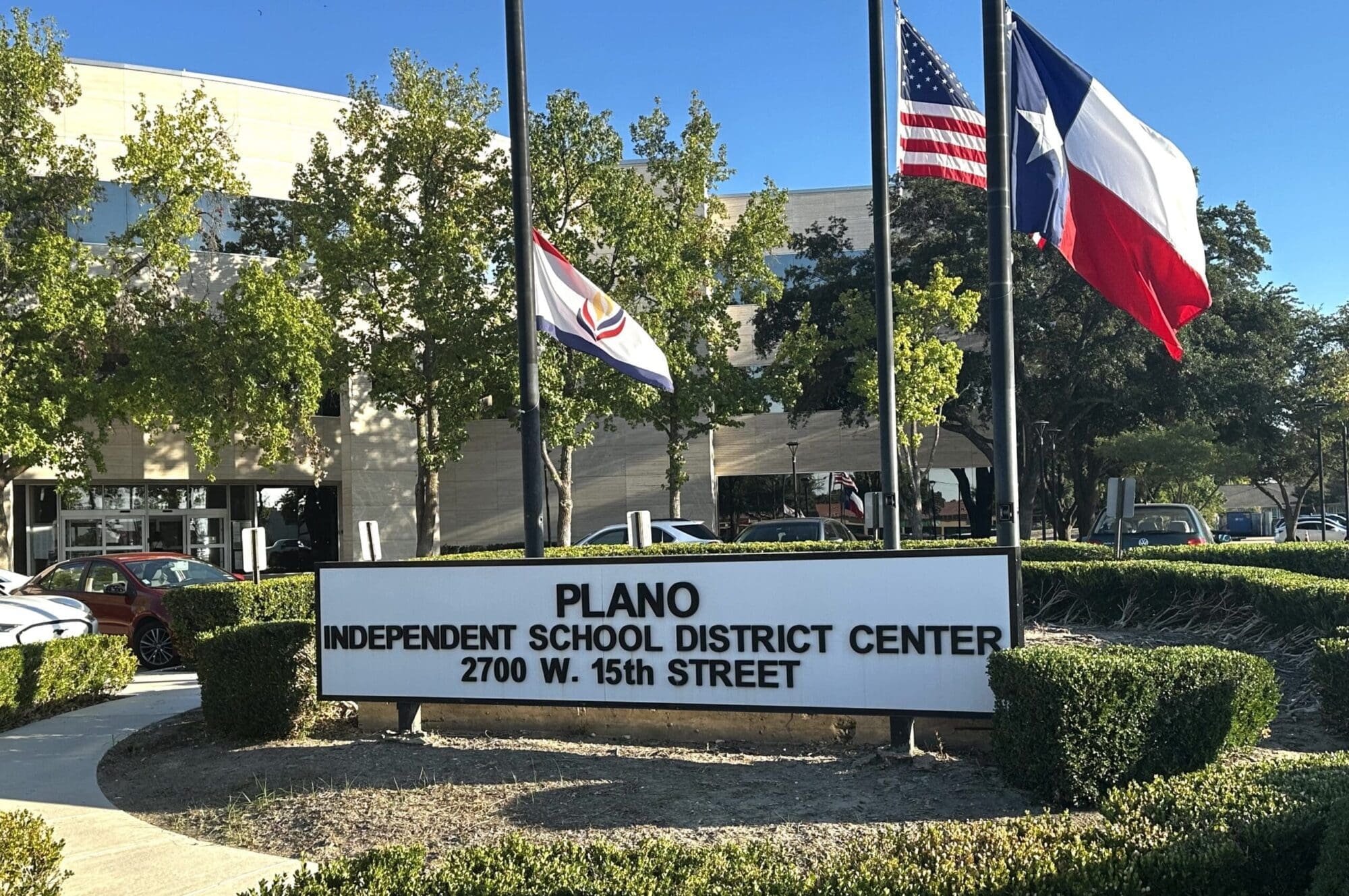On Tuesday evening, following numerous testimonies from parents and activists, the State Board of Education voted to halt consideration of controversial changes to the social studies standards until 2025.
Parents, grassroots activists, and even some lawmakers pushed back against the radical changes suggested for K-8 social studies standards, including discussions on “pride” in eighth grade.
Notably, their elected representatives on the SBOE listened.
After five Democrat SBOE members left the room, refusing to vote on the motion to delay and give the SBOE until 2025 to work on the new standards, the final vote was 7-2.
SBOE members Will Hickman (R–Houston) and Ruben Cortez Jr. (D–Brownsville) voted against the motion, with Hickman saying, “I voted against because … I just don’t see the need to postpone [on using the new framework].”
Parents and activists, like Leigh Wambsgans, worked alongside grassroots organizations (such as the True Texas Project, Grassroots America – We The People, Jaco Booyens Ministries, and Apollos in Education) to oppose the leftwing takeover of the state’s social studies curriculum.
The Texas House Freedom Caucus, whose members had stated their opposition to the proposed framework, celebrated the decision and noted it would be “watching closely in addition to looking for any legislative solutions that can be implemented between now and then.”
Senate Bill 3, the purported critical race theory ban passed by the Legislature last year, includes additional civics requirements for students and teachers, as well as language mandating that teachers cannot be forced to discuss controversial issues in classes.
The SBOE is required to adjust the current educational standards for social studies to include the new requirements from SB 3 before the end of the year, which will now be the only changes to the social studies standards until 2025.
In the meantime, the SBOE is expected to investigate the best framework for social studies classes moving forward.
The current framework has kindergarten through third-grade students receiving instruction in the very basics of foundational principles, including history (basic historical figures like George Washington and national holidays), geography (where they live and where their school is on a map), economics (what kinds of jobs exist and how those jobs provide for families), government (identifying rules and authority figures who enforce them), citizenship (the Pledge of Allegiance and basics of voting), and culture (family and community traditions).
Beginning in fourth grade, students focus on one area of history each year: fourth graders focus on Texas history; fifth graders, U.S. history; sixth graders, world history; seventh graders, Texas history; and eighth graders, U.S. history through Reconstruction.
Under the proposed chronological framework, which came under fire from parents and teachers, children in kindergarten through second grade are expected to learn the basic foundations of U.S. history, Texas history, and world history.
Meanwhile, third- through fifth-graders are expected to focus on world history from 5000 B.C. to 1500 A.D., and sixth- through eighth-graders learn U.S. and Texas history simultaneously, from 1500 A.D. to the present.
The emphasis on world history at younger ages, compounded by the lack of any dedicated Texas history course and subsequent changes to U.S. history, were considered problematic to many parents and activists, with one mom telling the SBOE, “We are America. We have resolve. We have resiliency, and we bounce back. We don’t cower, and we don’t cater just because it hurts someone’s feelings. And we’re not going to hug this one out.”





